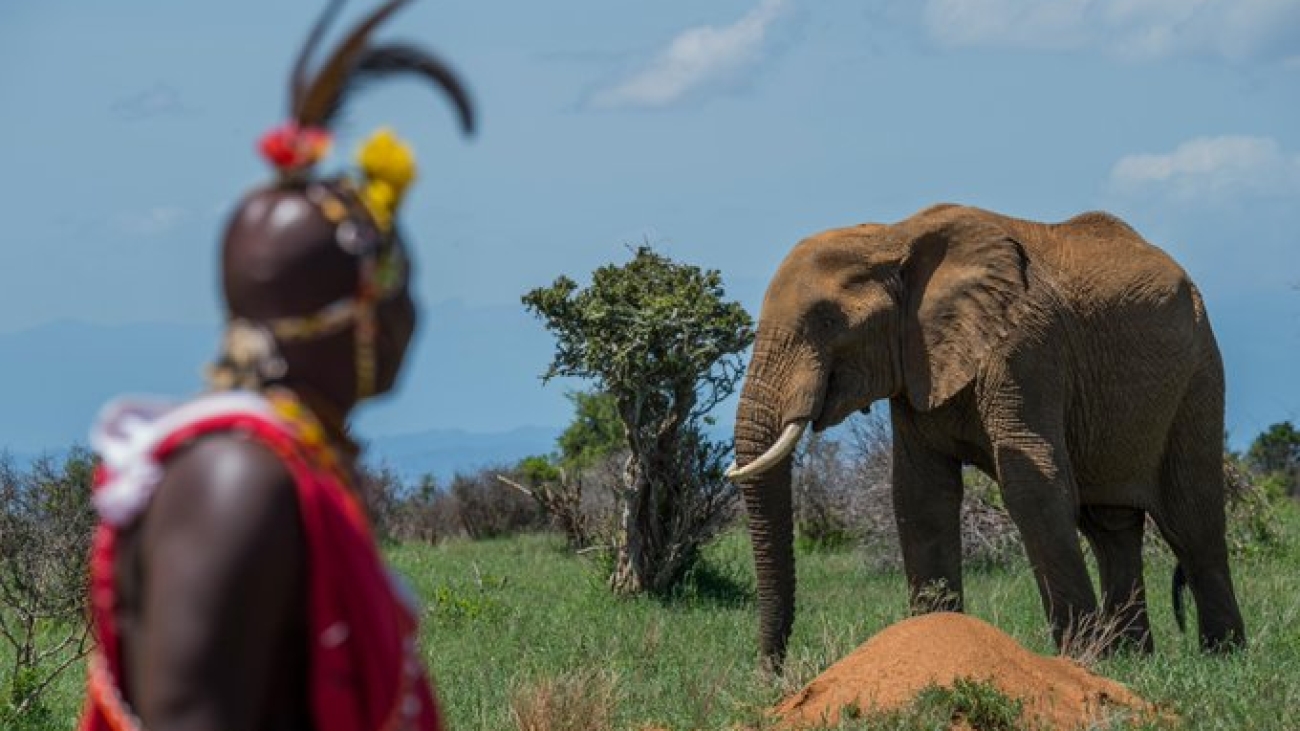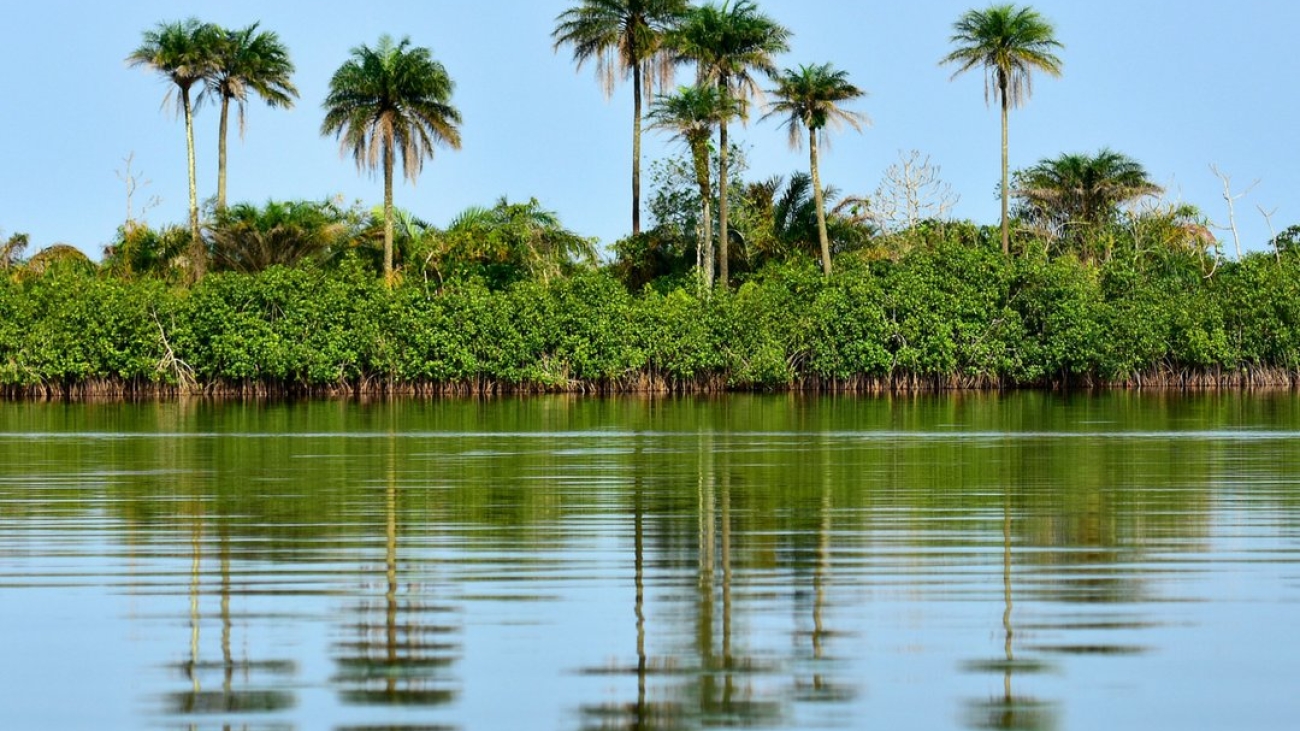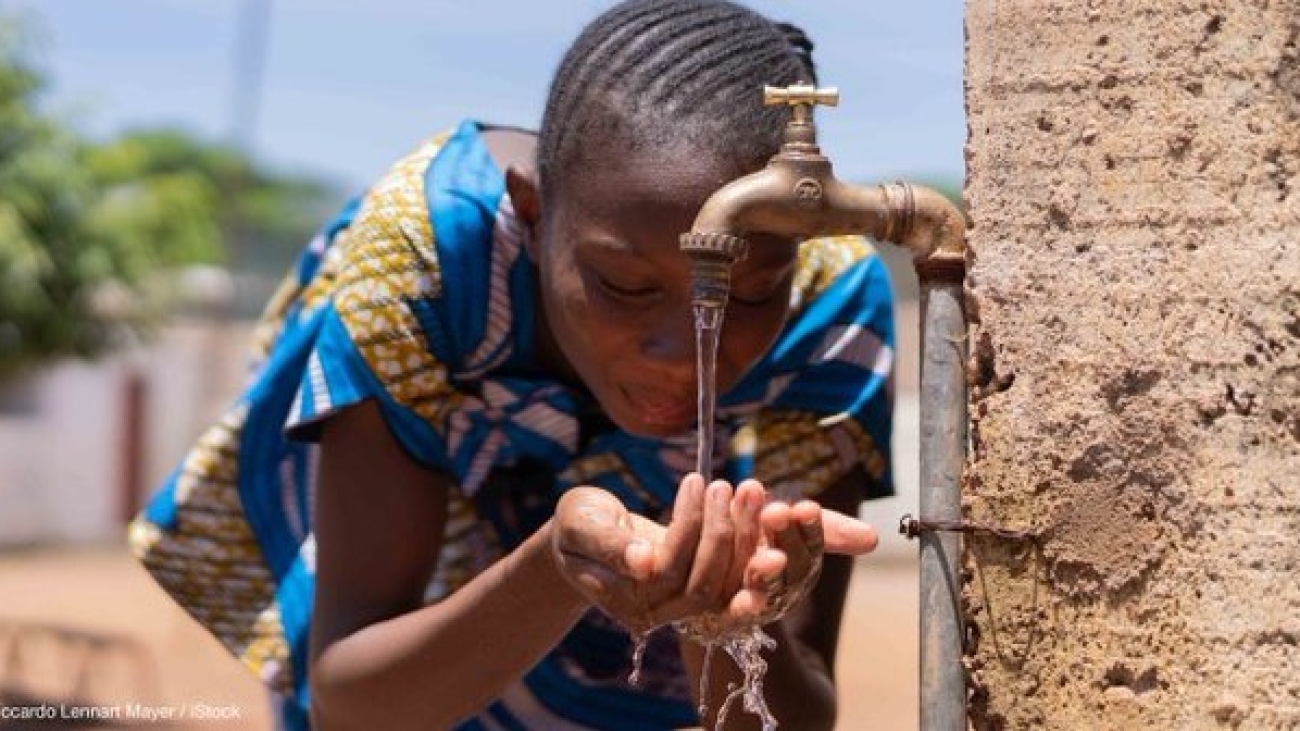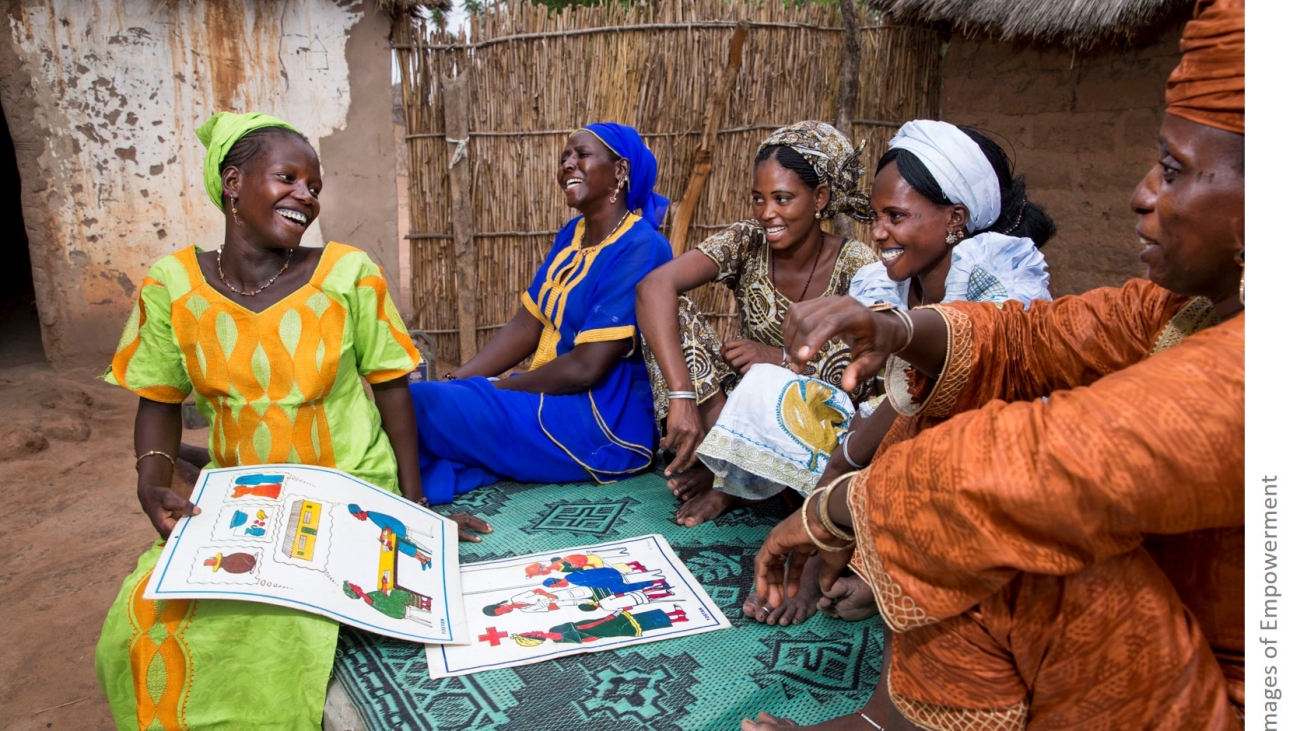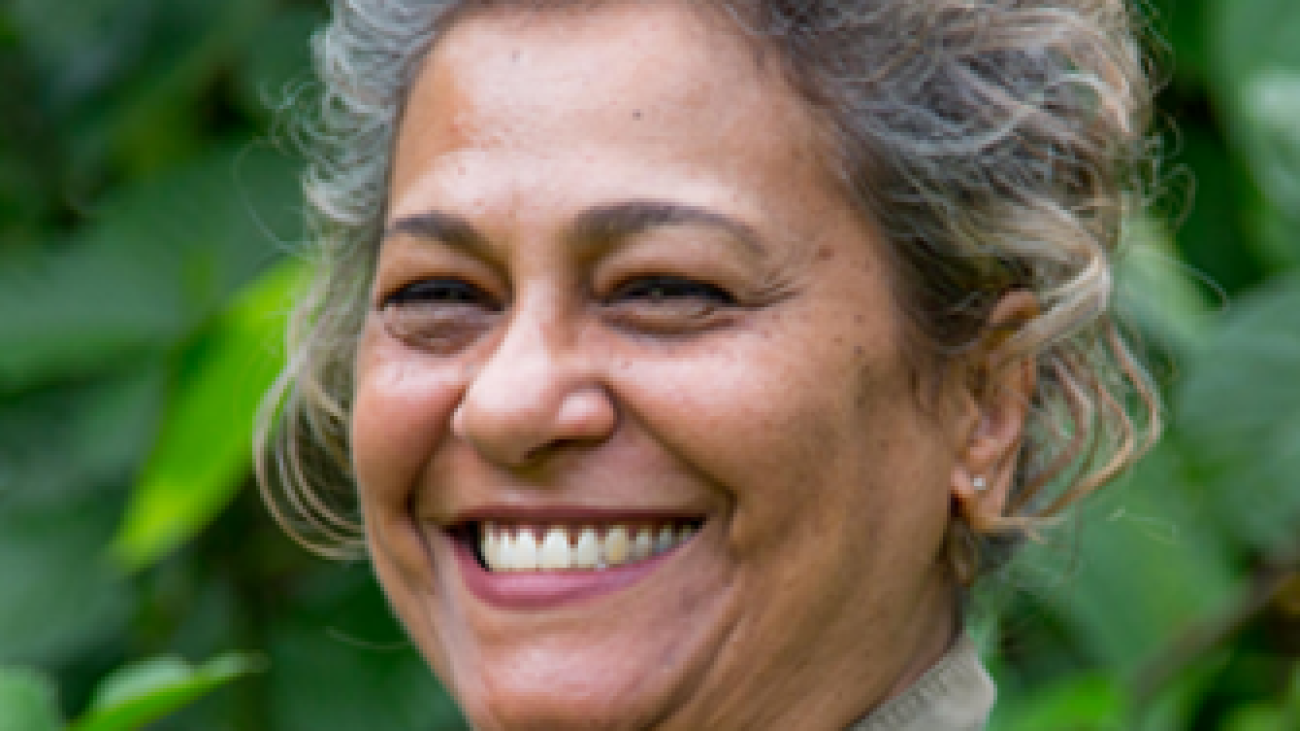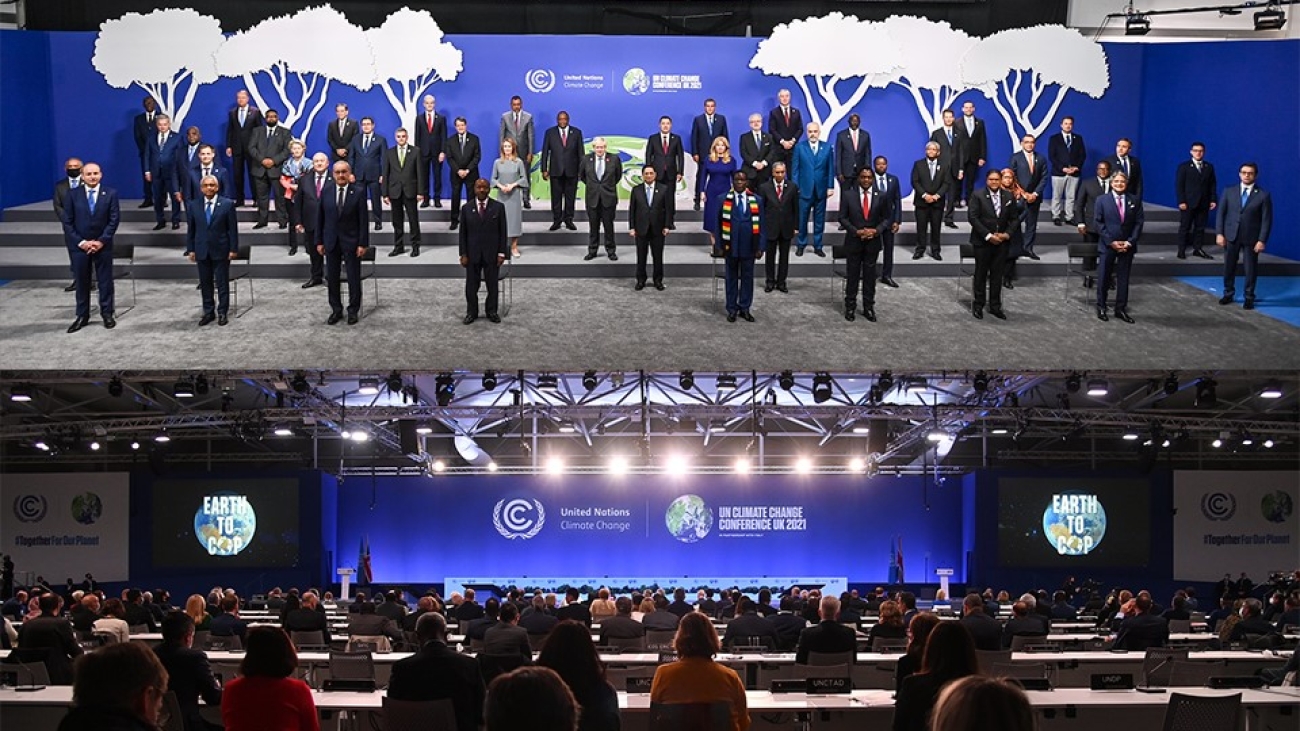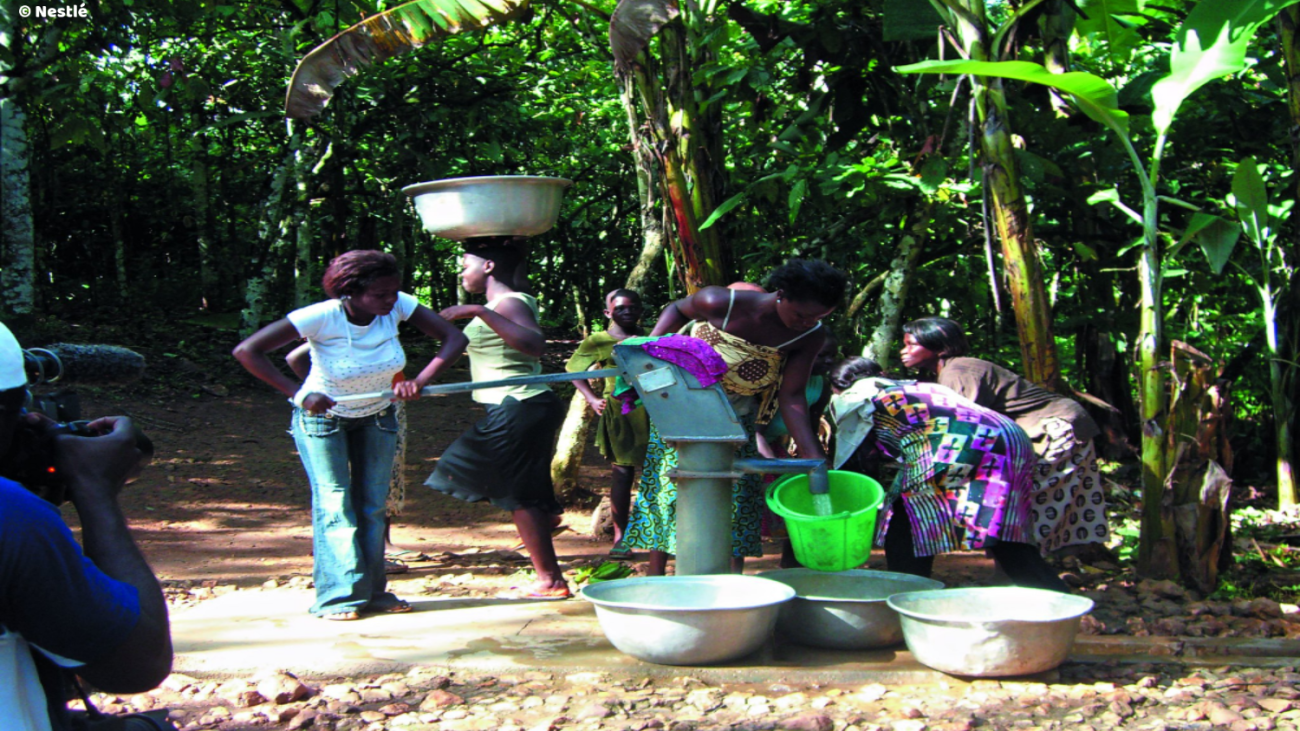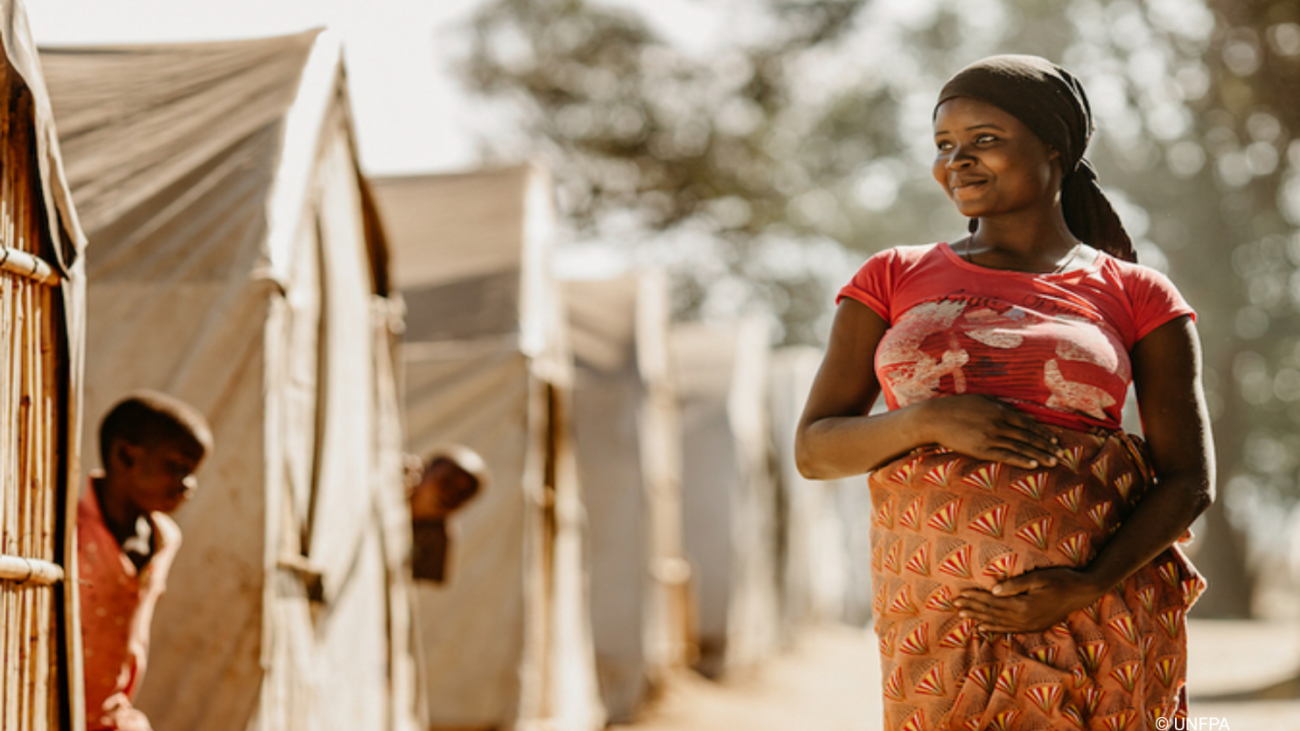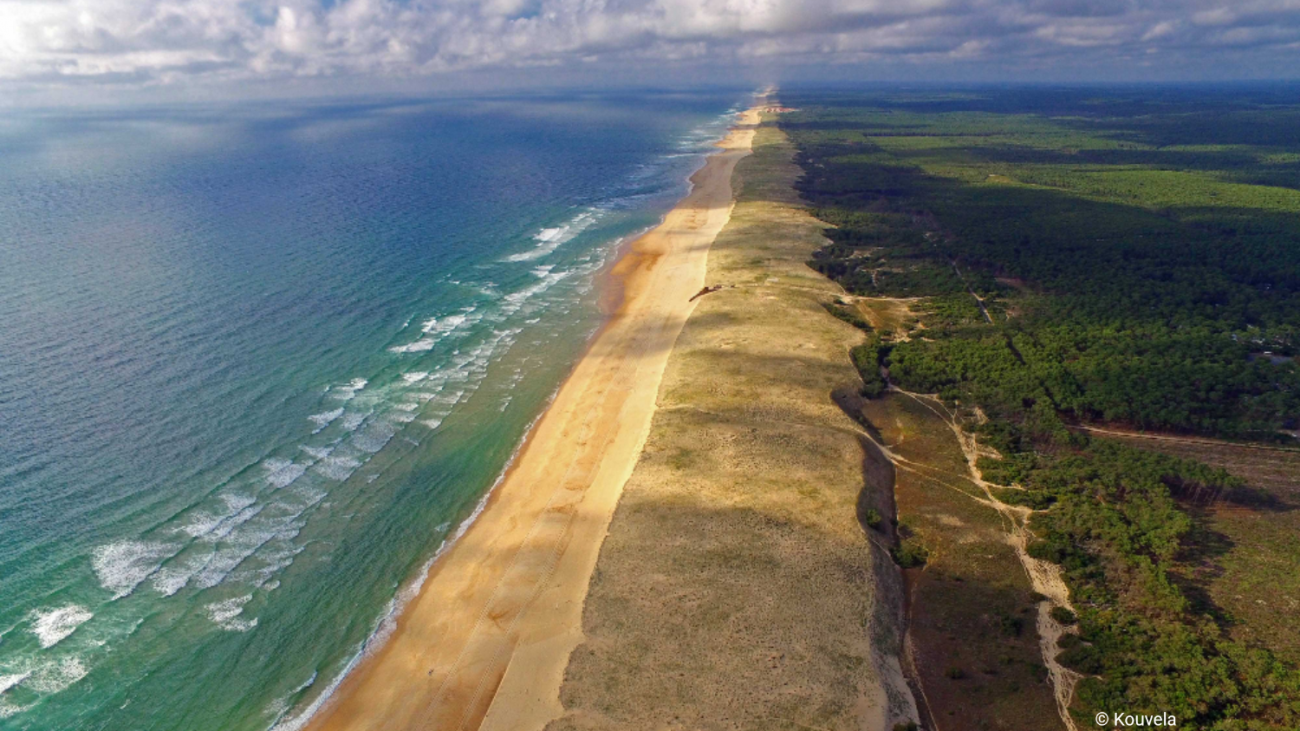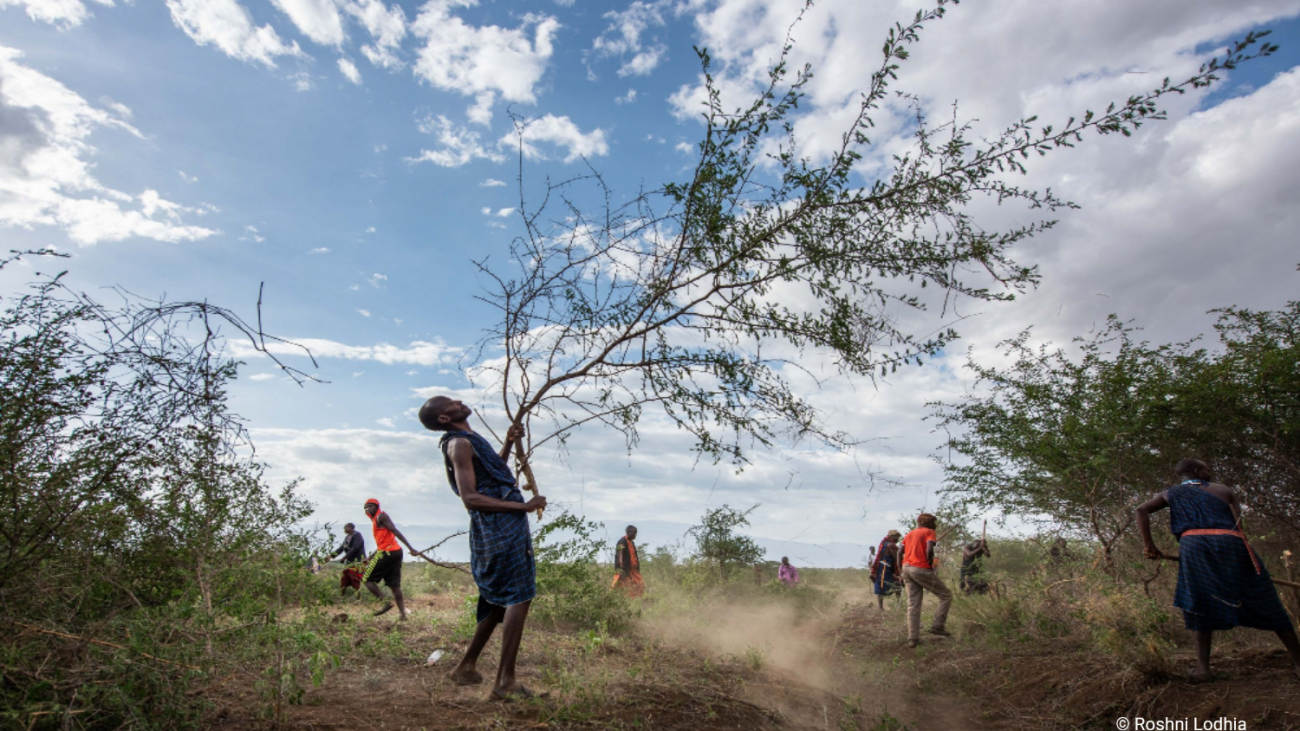The Africa Biodiversity Collaborative Group (ABCG), acknowledges that well managed protected areas embracing participatory and equitable governance appliances yield significant benefits far beyond their precincts.
World Environment Day 2022
World Environment Day was celebrated across the globe on June 5, 2022. Celebrated this year for the 49th time, this special day raises awareness on the responsibility we have in protecting our environment and the importance of conserving the planet for the sake of the current and future generation.
The event comes days after the Stockholm+50 event held on 2nd and 3rd June, under theme “a healthy planet for the prosperity of all – our responsibility, our opportunity.”
“The two-day meeting commemorated the 50th anniversary of the United Nations Conference on the Human Environment in Stockholm, the first world conference that placed environment issues at the forefront of international concerns (UNEP)
Therefore this year theme #OnlyOneEarth, seeks to remind us of our role as nations and citizens of the earth, to protect and conserve our environment and to encourage sustainable living everywhere and every day. The day, also, reminds key decision makers of their obligation that awaits them in making decisions that protect rather than destroy our environment. As well as, calls for shared, transformative action to protect and restore our planet earth.
The three global crisis of climate change, nature loss and pollution, is a constant reminder that the need for action is now more important than ever and needs to happen at all levels. That humanity must take action to conserve and restore the environment, and shift from activities that harm the planet and undertake those that heal the planet.
Groundwater is Important in Addressing Water Insecurity in sub- Saharan Africa
Groundwater resources are important sources of drinking water in Africa, and they are extremely important in sustaining livelihoods and supporting a diverse range of agricultural and commercial activities. Groundwater has a significant role in improving people’s health in sub-Saharan Africa.
Gender Equality Today For a Sustainable Tomorrow: International Women’s Day Message
On this International Women’s Day (IWD) and every day, the members of ABCG join our colleagues and friends in applauding and lauding the critical role women play in climate change mitigation, land, and natural resource management and universally to their contributions to sustainable development and society in general.
ABCG welcomes Marivonne Rubina “Ruby” James as its new Director
As ABCG evolves into an African-led platform, Ruby will play an essential role in expanding ABCG’s resource portfolios, and building and managing cross-sector partnerships. She infuses new energy and fresh perspectives to the collaborative ABCG effort as we mobilize to design ABCG’s unique approach to mainstreaming biodiversity into Africa’s economic development in 2022.
What are the next steps post COP26: Are we on the right track?
We strongly believe that the UN Climate Change Conference and subsequent meetings are necessary and worthwhile to helping achieve some of ABCG’s biggest objectives, including mainstreaming biodiversity considerations into economic development at the community level in African countries, reaching women and youth. We are particularly encouraged by private sector commitments, as well as climate financing, pledged to advance the roles and rights of indigenous peoples and local communities.
Influencing Policies, Planning and Funding for integrated Freshwater Conservation and WASH Approaches
Across sub-Saharan Africa, millions of people lack access to clean water and sanitation. ABCG and multisectoral partners strive to reduce watershed degradation and pollution which is designed to conserve freshwater ecosystems and improve efficient use of dwindling water resources due to climate change. The aim is to increase access to clean water and improved human health.
Integrating Population, Health, and Environment into Community-Centered Conservation Work in Tanzania
Theory of change (TOC) of integrating family planning with biodiversity conservation is aimed in building a resilience of families, with the assumption that when people access to family planning will help them improve access to food security, improved livelihood by providing linkages to livelihood intensities, and provide better education to their children
Increasing the Capacity of African Governments and Stakeholders in Land-Use Planning
Land use planning is fundamental for steering new solutions and progresses towards achieving a sustainable society, given that several social and environmental issues have been brought on by climate change, population growth and urbanization in the past decades in Africa.
Recognizing Africa’s rapid development and growing need for LUP, ABCG created and rolled out a LUP course to build the capacity and enable key stakeholders and governments to apply land-use planning.
Success Story: Empowering Communities to Clear the Way for Healthier Grass in Tanzania
In a region where healthy grass means everything, the encroachment of sickle bush has been an unwelcome new challenge. For years, community members have been looking for a solution. Uprooting would take a lot of work, and no one could afford to divert time and energy from income-generating activities to try an untested solution.
Africa Biodiversity collaborative group and member, The Nature Conservation, with funding from USAID—launched a pilot project to control the spread of sickle bush that was dominating about 75 percent of grazing land in Selela and Lemooti villages, and over 18,500 acres in Randilen Wildlife Management Area.

